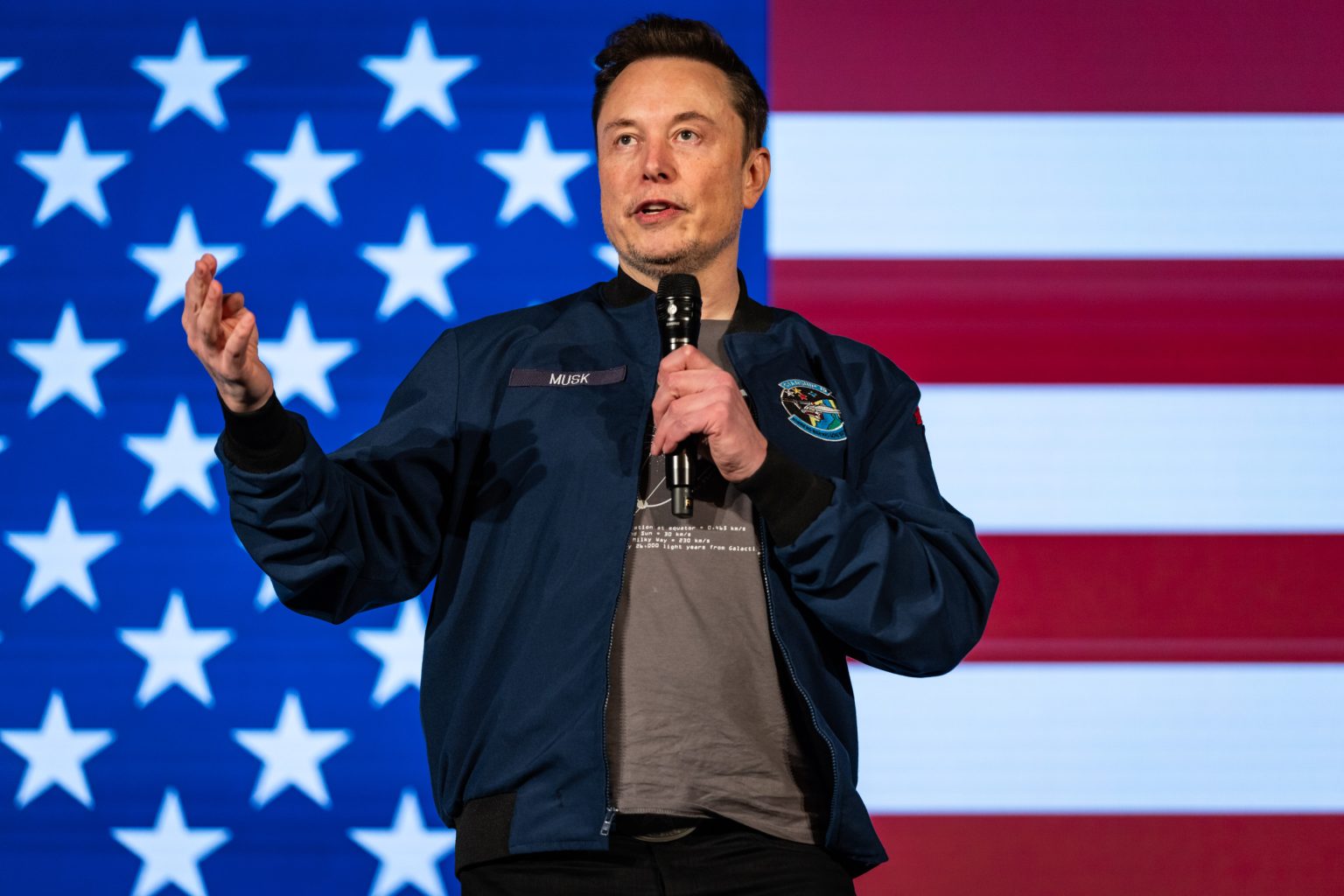Elon Musk, the owner of X (formerly Twitter), is facing immigration problems for allegedly working in the U.S. without an employment visa which could potentially make him deportable, according to legal experts. The Washington Post has claimed that Musk worked illegally in the U.S., citing former business associates, court records, and company documents. Stephen Yale-Loehr, an immigration law professor at Cornell, stated that working without authorization is a violation of immigration law and could lead to deportation if proven true. Musk has denied the allegations and stated that he never violated U.S. immigration law.
Investors reportedly refused to give Musk millions of dollars unless he sorted out his immigration status within 45 days due to the seriousness of his immigration issues. Musk’s past company board member revealed that his immigration status in the 1990s was not in accordance with the law. Despite these claims, Musk obtained U.S. work authorization in 1997 and became a U.S. citizen in 2002. Musk’s attorney has not responded to requests for comments on the allegations.
Musk has been vocal about his concerns regarding illegal immigration in the U.S. and has been a supporter of Donald Trump, who pledged to carry out the largest mass deportation program in U.S. history. Musk has also been giving away $1 million a day to individual voters in key swing states if they sign his petition in support of the First and Second Amendment. Musk has faced criticism for his stance on immigration, with some questioning how he obtained U.S. citizenship while evading questions on the matter.
Since July, Musk has posted multiple times on social media about his concerns regarding “imported” voters in swing states. The BBC reported that he has raised the issue of voter importation at an “unprecedented scale.” An opinion article on the Rolling Stone website also questioned how Musk became a U.S. citizen while focusing on border security issues. The Washington Post further alleged that in 1995, Musk used a student visa to stay in the U.S. while working on his online business directory, Zip2. Investors reportedly required Musk to obtain permission to work in the U.S. within 45 days as a condition for funding.
Despite the allegations and scrutiny surrounding Musk’s past immigration status, legal experts believe that there is no chance of his citizenship being revoked as long as there was no fraud in obtaining his status. David Bredin, a New York immigration attorney, stated that Musk’s citizenship went through a thorough vetting process before approval and any potential violations would have been considered during that process. Therefore, it is unlikely that Musk will face any legal repercussions for his alleged immigration violations.


